(QNO) - Comrade Vu Trong Hoang (Bon Huong), was born on May 1, 1923 in Phuong Tri village, Xuan Phu commune (now Que Phu commune, Que Son district) in a family with a rich tradition of patriotism and revolution.
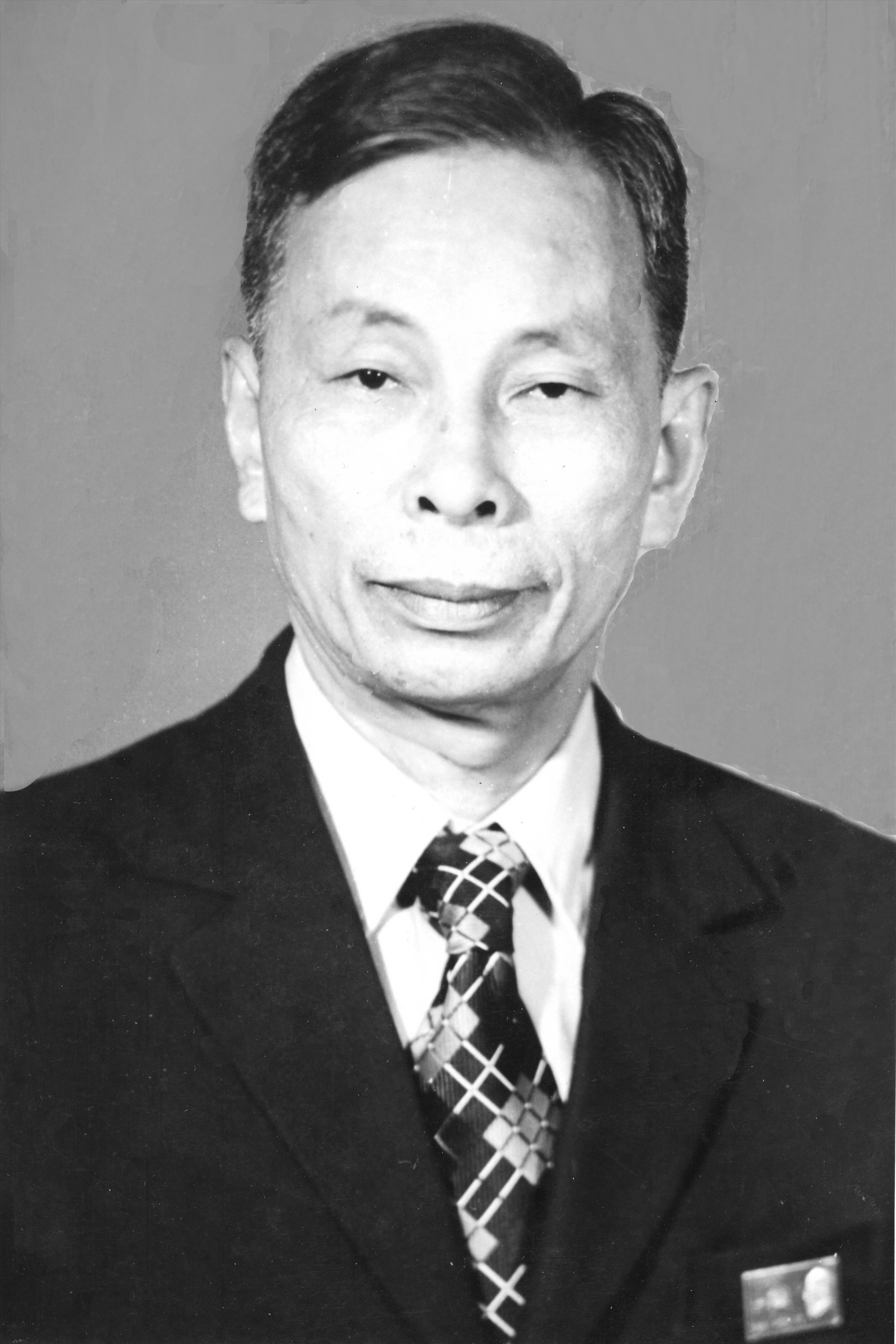
Practice, grow
In 1939, at the age of 16, comrade Vu Trong Hoang participated in the movements for people's livelihood and democracy under the leadership of the Party. In November 1939, he was admitted to the Indochinese Communist Party (now the Communist Party of Vietnam ).
In early 1942, he was arrested by the enemy at Que Son prison, Hoi An, and exiled to Ly Hy detention camp, then Thua Phu prison - Hue. In prison, despite being brutally tortured, he still showed a resilient and indomitable spirit, encouraging fellow political prisoners to maintain their spirit, trust and unite to fight against the harsh regime of colonial and imperialist prisons. After the Japanese coup against the French, he was released.
Immediately after being released from prison, he proactively contacted the party organization and actively participated in preparing for the General Uprising to seize power in the August Revolution of 1945 in the locality.
After the success of the August Revolution, the Party entrusted him with many important positions in Que Son district and Quang Nam province. In July 1947, implementing the policy of the Inter-Zone 5 Committee on improving the qualifications of cadres, he was sent by his superiors to study culture. At the Provincial Party Congress in March 1952, he was elected to the Provincial Party Committee and assigned to be the Secretary of the Tien Phuoc District Party Committee.
As Secretary of Tien Phuoc District Party Committee, with his close-knit working style, he directly went to the grassroots to inspect and grasp the situation, and together with the District Party Committee, proposed many accurate policies. First of all, he mobilized farmers to implement rent and interest reduction, and to divide public and absentee fields to poor farmers; organized farmers into work-sharing groups; promoted emulation in production, animal husbandry, and thrift, and produced a lot of food to fight hunger and improve people's lives, serve the frontline, and supply units and agencies in the area. On the other hand, he and the District Party Committee promoted the task of preventing espionage and maintaining confidentiality, building local district troops, commune guerrillas, fencing off combat villages, and digging trenches and tunnels to fight against the French plot to invade the free zone.
After the signing of the Geneva Agreement in 1954, comrade Vu Trong Hoang was assigned to be the Secretary of the Que Son District Party Committee. At that time, in Que Son, most of the revolutionary bases were broken, losing contact with the Party, while many cadres and party members had gone to regroup, but he was still undaunted, persistently connecting and rebuilding the bases, forming a command apparatus throughout the three low, medium and high regions in the district, at the same time mobilizing the people to fight and demand the enemy to implement the Geneva Agreement.
Although this was a period when the revolution in the South in general and Quang Nam province in particular faced many difficulties and losses, he was not afraid of hardships and sacrifices, steadfastly stuck to building bases and forces, led the masses to fight fiercely against the enemy, contributing to "keeping the fire" of the revolutionary movement in Que Son district in particular and Quang Nam province in general.
Stick to the basics
In August 1959, comrade Vu Trong Hoang was added to the Provincial Party Committee Standing Committee. By the end of 1960, he was added to the position of Deputy Secretary of the Provincial Party Committee, concurrently Secretary of the Southern Party Committee of the province, directly leading Tam Ky district. With the assigned tasks, he always stood side by side with the Tam Ky District Party Committee to pilot the liberation of Tu My (Ky Sanh), the starting point for the campaign that opened in the plains of Zone 5 in 1961.
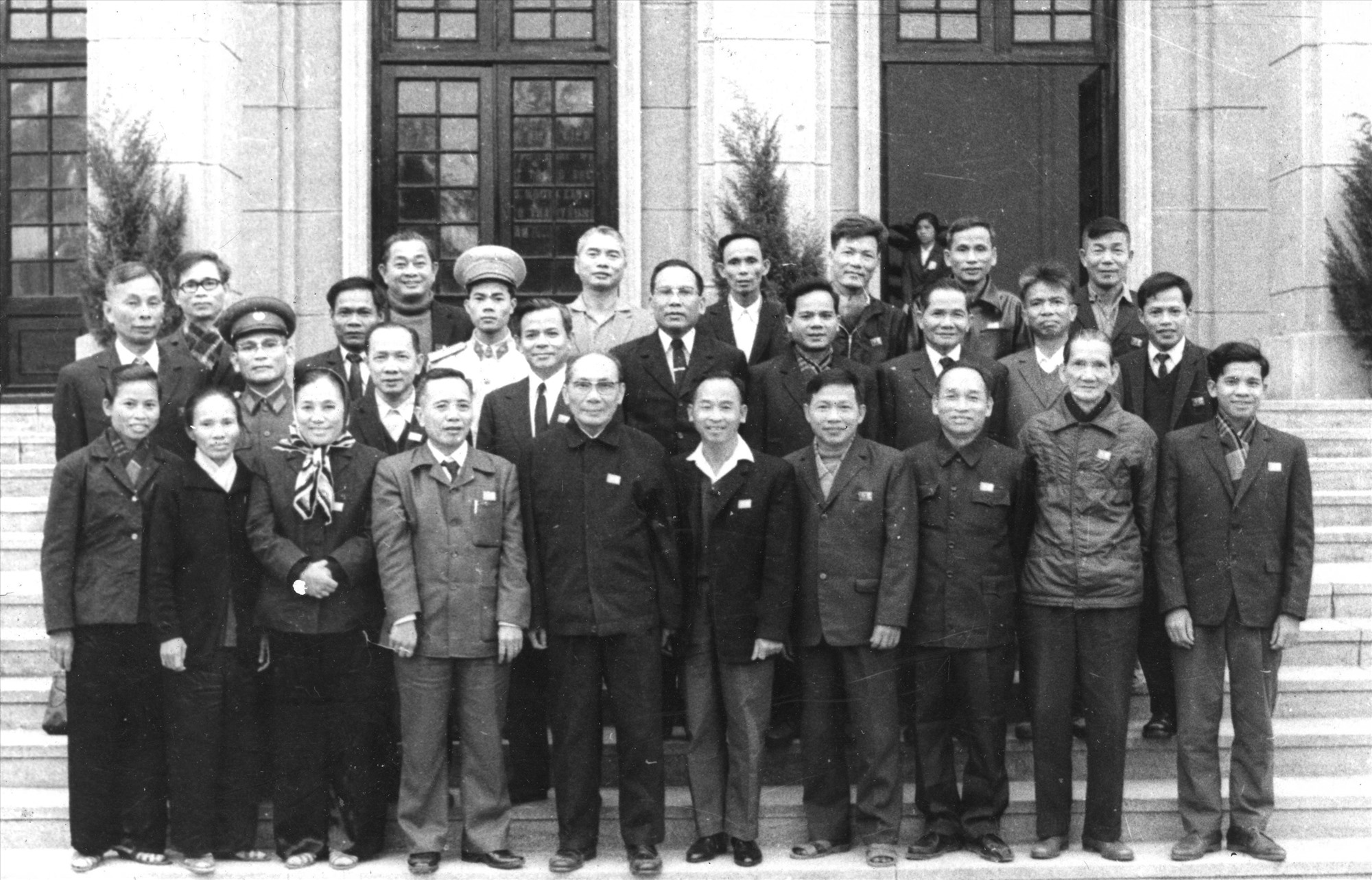
According to Mr. Nguyen Huu Ho - former Secretary of Tam Ky District Party Committee, to implement the policy of the superiors, the District Party Committee organized many conferences and meetings to disseminate and discuss the implementation plan. Comrade Vu Trong Hoang always followed and directly participated in the meetings. He had many correct and creative instructions, helping the District Party Committee promote collective strength with the spirit of revolutionary attack.
He closely followed the grassroots, directed the teams and working groups of the communes to strengthen propaganda and mobilization to withdraw young people from enemy areas to the base to build the district armed forces, build agencies, and gradually form a systematic leadership and command organization from the district down to the grassroots. With the close leadership and direction of Comrade Vu Trong Hoang, the revolutionary movement of Tam Ky district gradually recovered and developed strongly.
At the end of 1962, Quang Nam - Da Nang province was split into Quang Nam province and Quang Da province, and he was elected Deputy Secretary of the Quang Nam Provincial Party Committee. After many years of working, directly leading and directing the revolutionary movement in the localities, in March 1963 he was elected Secretary of the Quang Nam Provincial Party Committee.
In his new position, he continuously studied, researched and applied well the guidelines and policies of the Central Committee and the Zone 5 Party Committee to the specific conditions of the locality, contributing with the Provincial Party Committee to comprehensively direct the movement in the province in all three strategic areas of rural, plain, mountainous and urban areas, both military, political and military affairs; directly leading and directing the mass movement, especially in the southern districts of the province.
At the Regional Party Committee Conference 5 in June 1967, comrade Vu Trong Hoang was added to the Regional Party Committee 5 and concurrently held the position of Political Commissar of the Southern Quang Nam Front. During this time, the resistance war became increasingly fierce. He continuously directed and mobilized the people to rise up and fight against the enemy's attacks and herding of people. Together with the Provincial Party Committee Standing Committee, he led the army and people in the province to respond to the historic Mau Than Spring General Offensive and Uprising in 1968, dealing a fatal blow to the Americans and puppets, forcing them to de-escalate the war.
Live life to the fullest
At the end of 1968, comrade Vu Trong Hoang was transferred to work as Deputy Head of the Organization Committee of Zone 5. He tried to study deeply, grasp the problem and directed the work of Party building and organization, and the work of cadres of Zone 5 to achieve good results, especially in developing revolutionary forces, recruiting more party members and building grassroots party organizations, creating one of the basic factors to gain great victory in the 1975 spring campaign in Zone 5, contributing to the common achievements of the Southern revolution, national liberation, and national reunification.
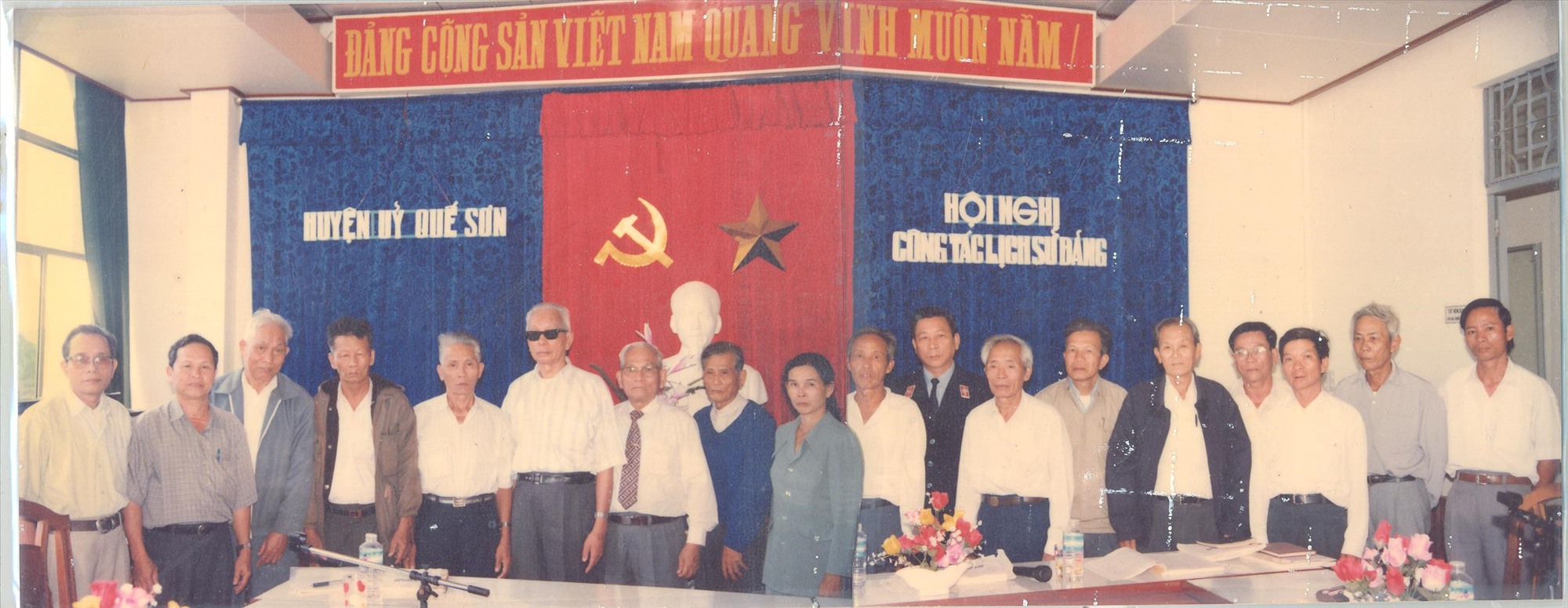
After the country was completely liberated, he was assigned to the position of Deputy Head of the Central Organization Committee and was elected as a delegate to the 6th National Assembly. In all positions, he always showed himself to be an energetic, exemplary, responsible cadre, always excellently completing all assigned tasks. He lived a simple, honest, impartial life; and made many contributions to Party building, especially in the fields of organization and cadres.
In 1983, at the age of 60 with nearly 50 years of continuous revolutionary activities, due to declining health, he was allowed to retire by the Party and the State. Despite his old age and weak health, he still actively participated in contributing many ideas to Party building and personnel work. As someone who had gone through two resistance wars of the nation, held many important positions in the district, province and region 5, he actively participated in contributing ideas to complete the history of the local party committee and the provinces of region 5, Que Son district, especially the history of the Quang Nam - Da Nang Party Committee in the period 1930 - 1975.
He did not forget to visit the old battlefields with his friends and comrades, to kindly visit and express gratitude to the compatriots and comrades who had taken in, sheltered, protected and helped him during the fierce war years so that he could be where he is today.
After a period of serious illness, knowing that he could not survive, before closing his eyes, he gave Lieutenant General Nguyen Huy Chuong these heartfelt words: “Chuong, try to certify for the comrades who were arrested and imprisoned that we know well so that they will not be disadvantaged and enjoy benefits worthy of their contributions. In Que Son, all the old cadres have left, only you and I remain. You try to join Que Son in writing the history of the revolutionary struggle of the Party Committee and the army and people of Que Son. Surely through your life experience, you understand that life is difficult, and living fully is even more difficult. Retirement is not necessarily the end. Life is still very complicated. Don't be subjective, try to keep yourself until you close your eyes..."
With his great merits and contributions to the revolutionary cause of the Party and the nation, comrade Vu Trong Hoang was posthumously awarded by the Party and State the title of Hero of the People's Armed Forces, the Ho Chi Minh Medal, the First Class Independence Medal; 60, 50, 40-year Party membership badges and many other noble awards.
Source









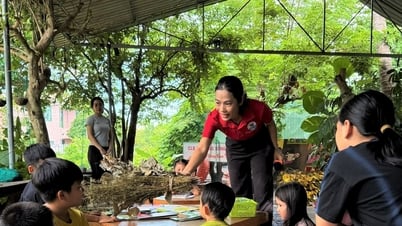
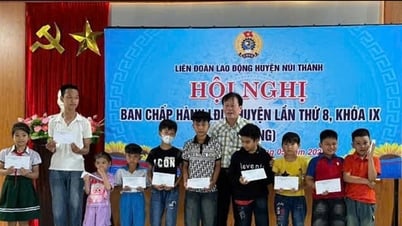
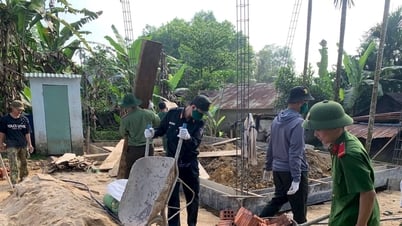
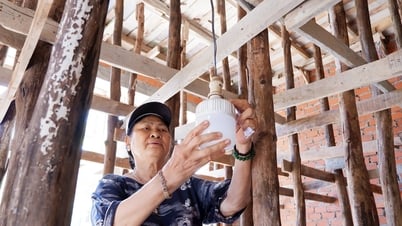





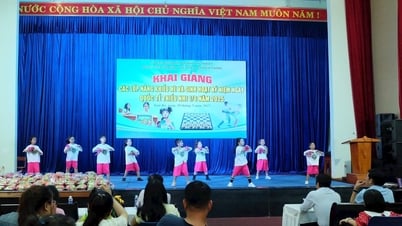
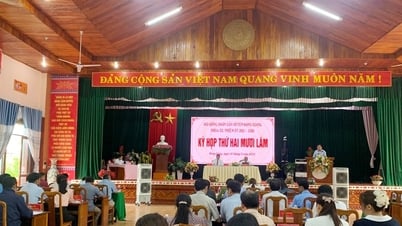
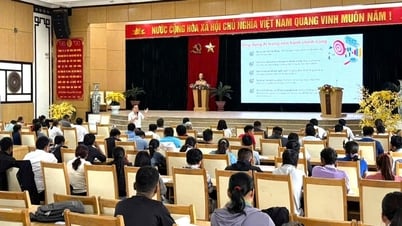
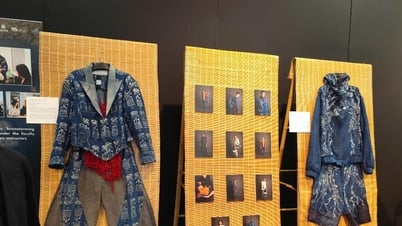



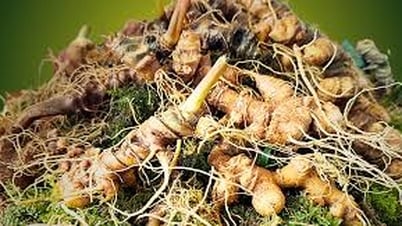
















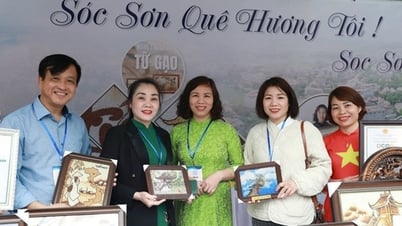








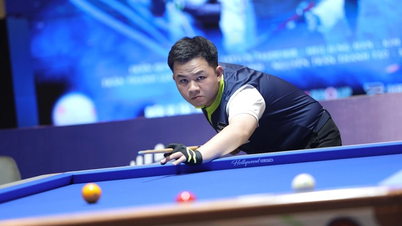
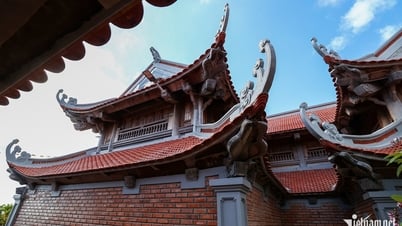




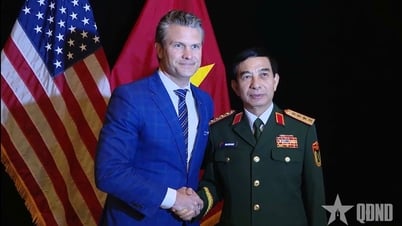





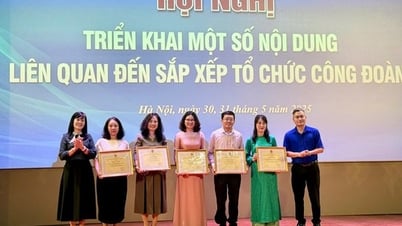
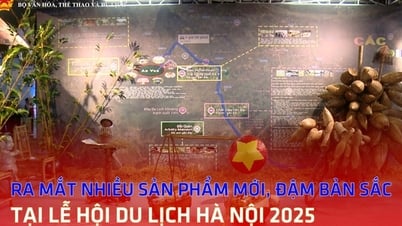






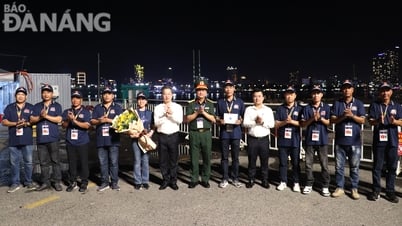

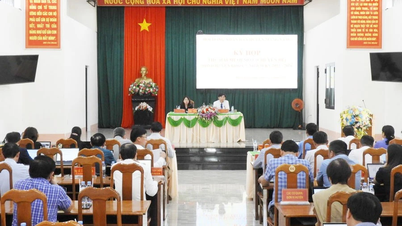











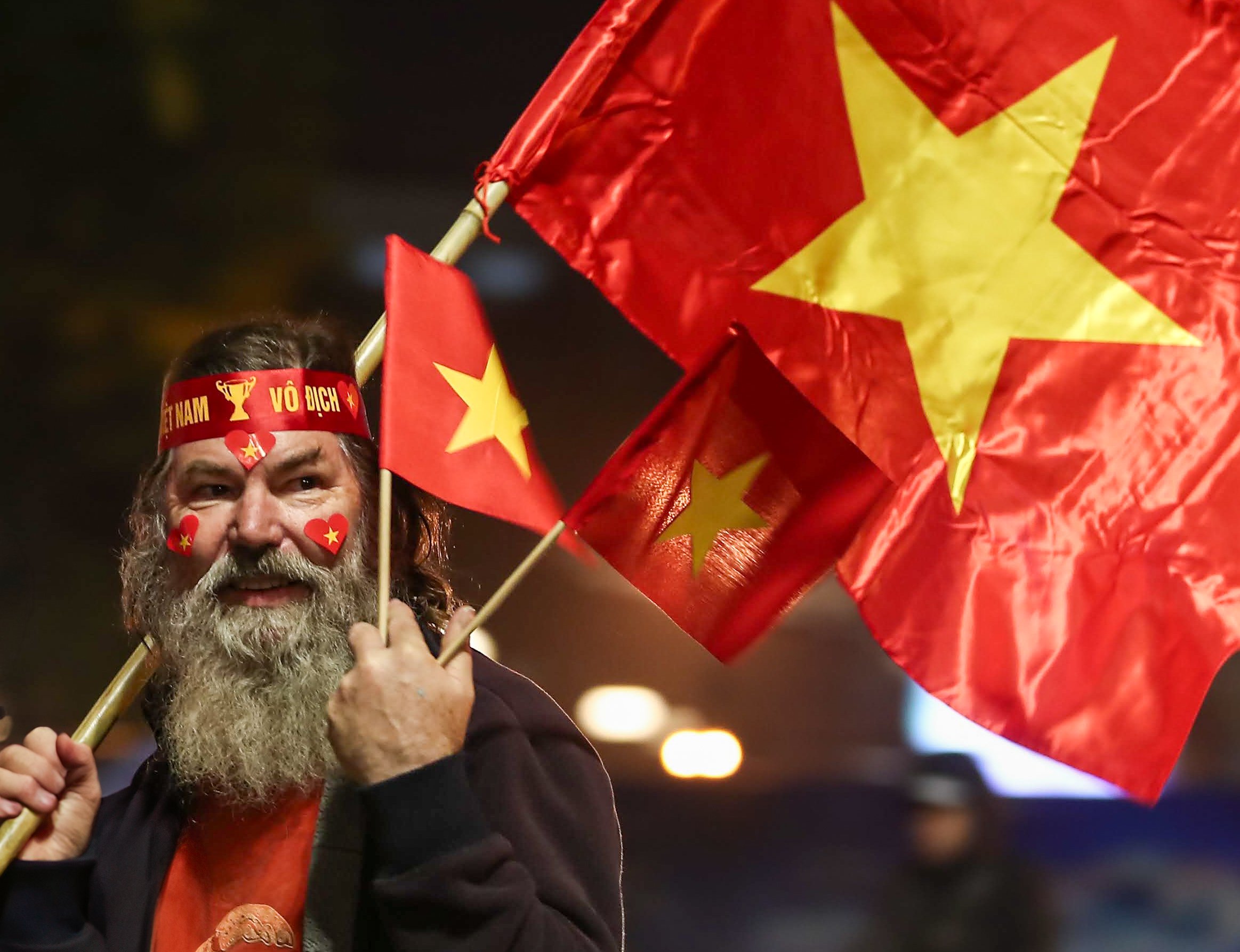



Comment (0)